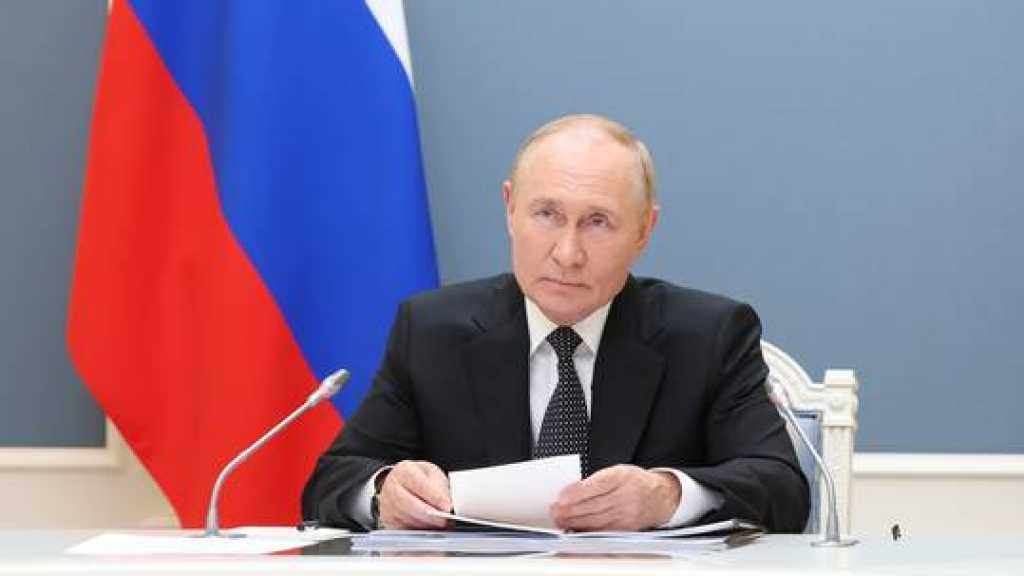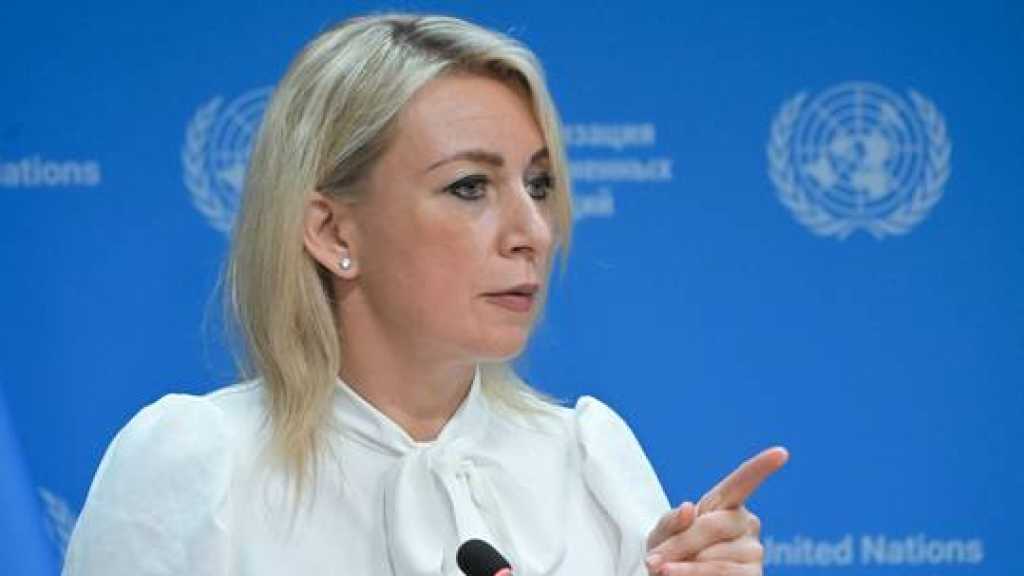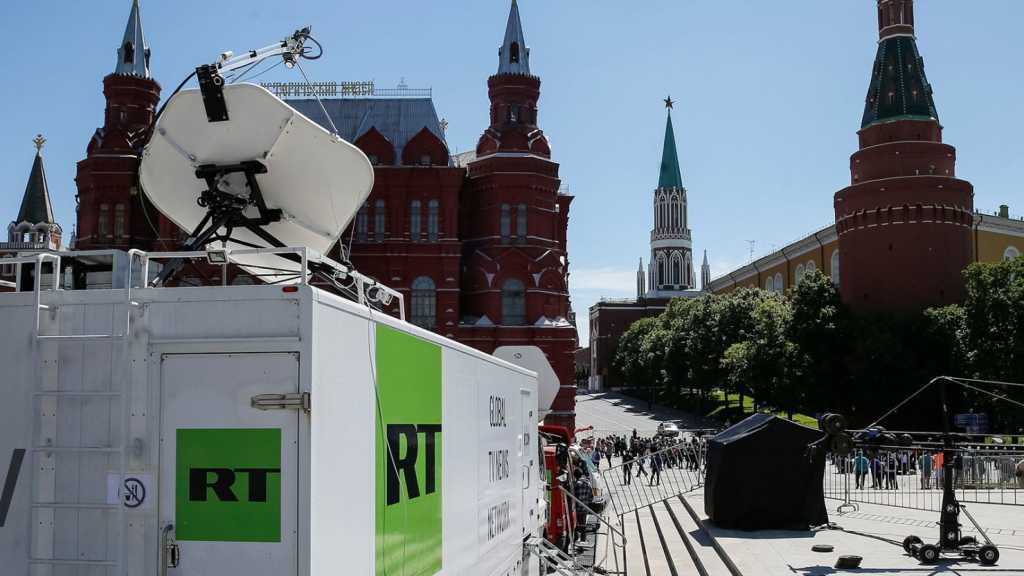
Russia’s Lavrov: US Supports Coups in Non-Aligned Countries
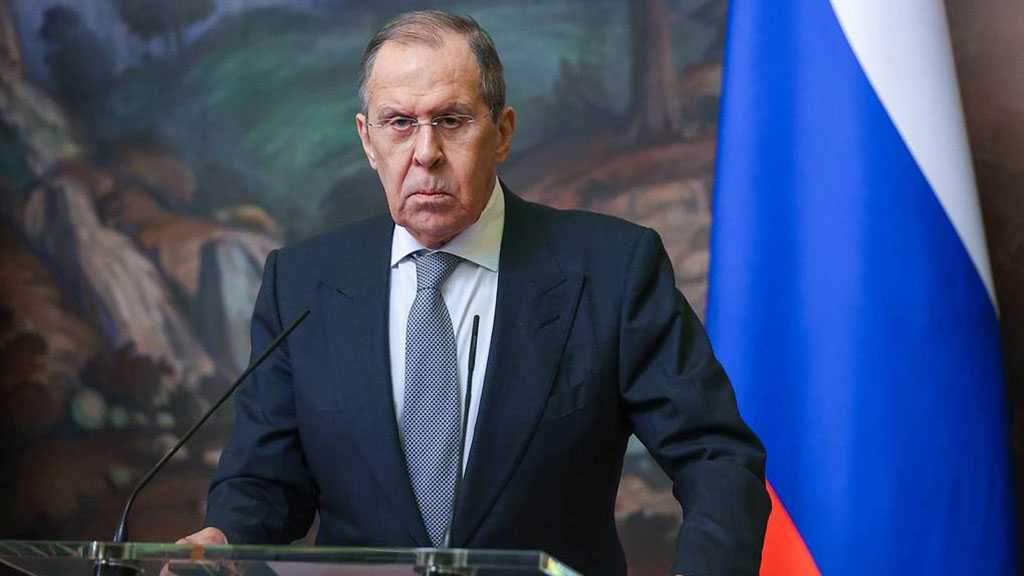
By Staff, Agencies
Russian Foreign Minister Sergey Lavrov has said the United States adopts double standards on regime change in other countries, adding Washington supports them when they serve its interests and rejects them if they target “puppet” governments.
Speaking in an interview with RT on Monday, Lavrov said the US response to the numerous attempts at regime change that occurred around the world in recent years was different and depended on “who was in power and who was trying to carry out the coup.”
“Where the West is happy with the current government, in such situations no protest can be legitimate. But where the government doesn’t reflect the interests of the hegemon and is pursuing the national interests, in those cases we see various unlawful forces are being stimulated [to attack the authorities],” he added.
Lavrov cited as examples the US's different approaches to regime change in Ukraine in 2014 and the conflict that erupted in Yemen a year later.
According to the Russian foreign minister, the so-called Maidan coup in Kiev was a “revolt that happened against the legitimate president” and which was marred by “bloody provocations against the unarmed police.”
He said that Ukraine’s democratically elected President Viktor Yanukovich had been forced to flee violence despite an EU-sponsored agreement that was reached just hours earlier between his government and the opposition on settling the crisis.
However, he added, “There were no protests against that insurgency from the US or its European allies. So, they just recognized it as a zig-zag in the democratic process.”
“All those years, all our attempts to bring the Ukrainian situation to a political settlement were met with the response [from the Americans and Europeans] that Yanukovich left the country,” Lavrov said.
On the other hand, Lavrov said, when Yemen’s Western-backed president Abdrabbuh Mansur Hadi resigned and “ran to Saudi Arabia” in 2015 amid a political conflict with the Ansarullah resistance movement, “we’ve heard the West saying that he’s still a legitimate president and that he needs to be installed back in Yemen. And only after that the settlement process will start”.
Russia’s top diplomat also pointed out that the Americans and their allies rejected protests against the “puppet” government of Maria Sandu in Moldova, but fully backed the demonstrations by the supporters of former President Mikhail Saakashvili in Georgia, where the West “doesn’t like the current government.”
His remarks come in the wake of an armed mutiny by a private Russian military company.
The fleeting mutiny by the Wagner Group against the Russian military leadership on Saturday ended with a deal brokered by Belarusian president Alexander Lukashenko, Russian officials, and Wagner Group’s boss Yevgeny Prigozhin.
The mutiny started over differences between Prigozhin and Russian Defense Minister Sergei Shoigu.
Prigozhin had accused Russia’s military top brass of ordering a rocket attack on the group’s field camps in Ukraine – where Russia has been conducting a military operation – killing “huge numbers” of his paramilitary forces. Authorities in Moscow, however, strongly denied his claim.
Kremlin later announced that it had dropped charges against Prigozhin and that the group’s fighters, who had taken part in the mutiny, would not be prosecuted in recognition of their previous service to Russia.
Lavrov said an investigation into the possible involvement of foreign intelligence in Wagner Group’s actions is underway in Russia, without giving further details.
He stated that the US envoy to Russia told the diplomatic service that Washington had nothing to do with the mutiny.
“When yesterday US Ambassador [to Russia] Lynne Tracy communicated with Russian representatives, [she] was transmitting signals. ... Their sense is that the US has nothing to do with it [the mutiny], that the US does hope that nuclear weapons will be in order; that American diplomats will not suffer.”
He said Tracy particularly emphasized that Washington considers the situation with the Wagner Group to be Russia’s “internal affair.”
This is while the latest reports suggest that the Western countries either had a direct role in the mutiny or knew about the whole Wagner plot in advance.
According to a report published in the New York Times, US spy agencies “strongly suspected” that Prigozhin was planning to take military action against Russia, days before he ordered his troops to march on Moscow.
However, US officials decided to keep silent about Prigozhin’s plans. The pretext was that if they said anything, Russian President Vladimir Putin could have accused them of orchestrating a coup, the report said.
Lavrov said that CNN also reported that American intelligence had known about the upcoming mutiny for several days, but decided not to tell anyone about it, “in the hope that the rebellion would succeed.”
He added that another report said it “expected” the mutiny to “meet more resistance” and be “much bloodier,” which according to Lavrov shows “what exactly was expected in the West.”
Lavrov also said reports claiming that the US has changed its intention to sanction the Wagner Group indicates that Washington’s approach “depends on what it wants at this particular stage from a certain player.”
Comments
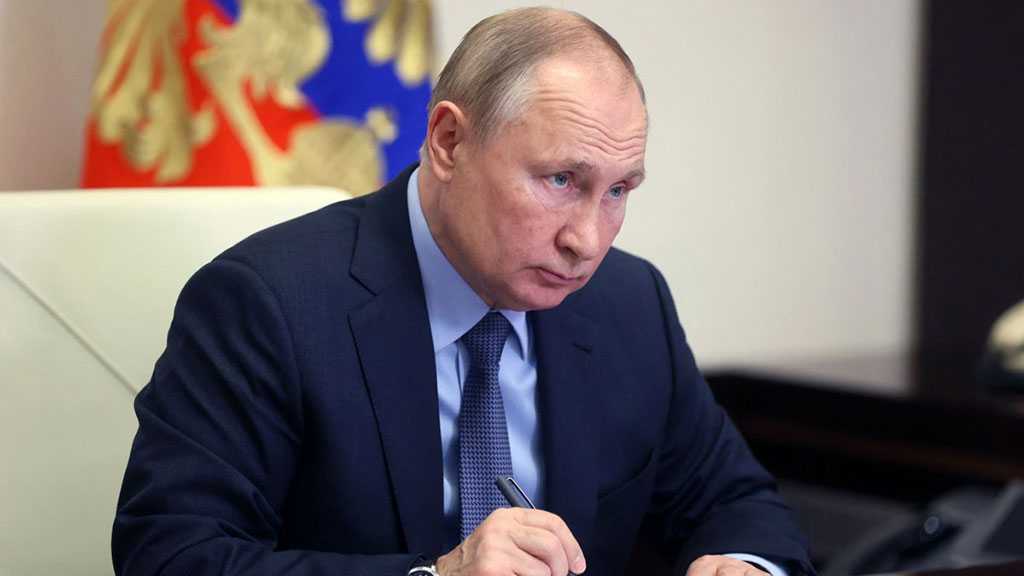
Russia’s Putin Issues New Warning to NATO
2 months ago